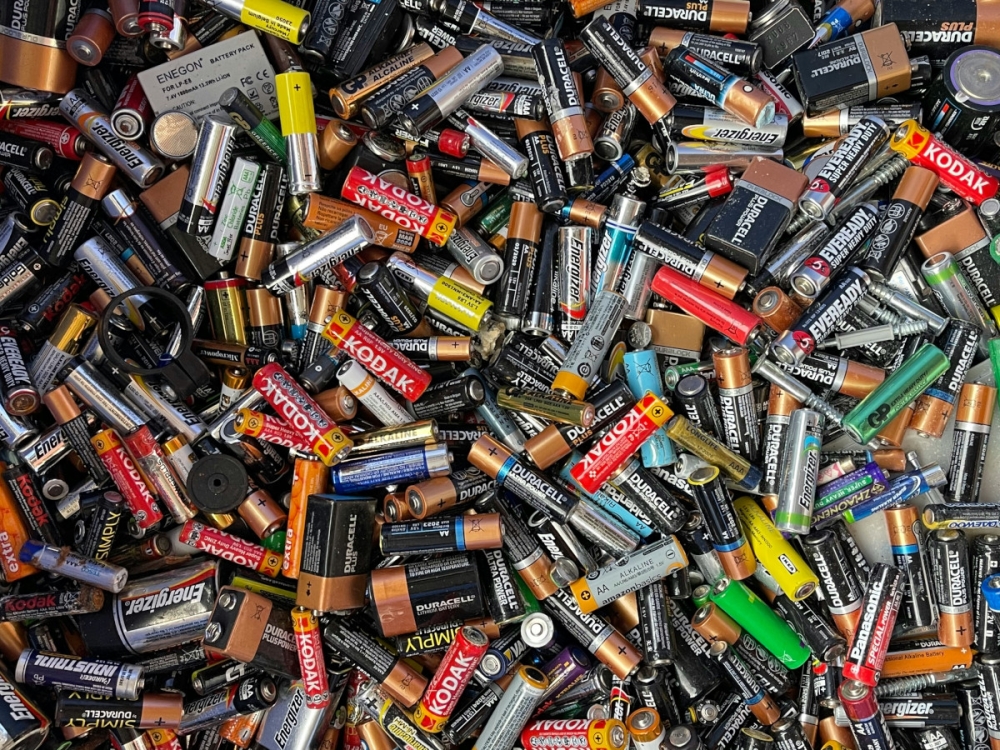JULY 25 — When we talk about recycling in Malaysia, most of us think of plastics, paper, and maybe food waste. These are the things we’ve been taught to separate and dispose of properly.
Supermarkets have bins for bottles, schools run collection drives, and public campaigns remind us to reuse and reduce. But there’s one thing we still often forget: batteries.
Batteries power almost every part of our daily lives — from TV remotes and watches to smartphones, laptops, and even electric cars.
As we shift towards a more digital and energy-efficient world, we are using more batteries than ever before. But what happens after these batteries run out? The truth is, most of us simply throw them in the bin.
Unfortunately, used batteries are not harmless. Inside them are harmful chemicals like lead, cadmium, and lithium. When dumped in regular landfills, these toxic materials can leak into the soil and water, damaging our environment and potentially affecting our health.
And because batteries take a long time to break down, they continue to pollute for years. We may not see the danger immediately; but over time, it builds up.
Battery recycling offers a smart and safe alternative. Instead of letting used batteries become toxic waste, we can process them to recover valuable materials like nickel, cobalt, and zinc.
These can be reused to make new batteries or other electronic components.
Recycling not only helps protect our environment, but also reduces our dependence on mining raw materials, which is often expensive and damaging to nature.
Sadly, battery recycling is not common in Malaysia. Many people don’t know where or how to do it. Unlike plastic and paper, there are very few dedicated collection points for batteries.
Public awareness is low, and existing policies are limited. This needs to change.
The good news is: we already have the tools and knowledge. What we need now is action.
From both you, me, and institutions.
As individuals, we can start by collecting our used batteries at home. Don’t throw them into the general bin. Instead, store them safely in a container until you find a recycling point. Some electronics shops or green events accept used batteries.
With more demand, supermarkets, schools and offices may follow suit. And more importantly, we must ask for better systems.
We need clearer rules, stronger policies, and easier access to recycling services. This includes labelling guidelines for batteries, proper disposal education, and support for companies that want to run recycling programmes.
Battery makers and importers should also play their part through “take-back” schemes, where consumers can return used batteries for safe recycling.
We’ve already seen how public support helped improve plastic waste management. A similar push is needed for battery waste — before it becomes a bigger problem. And remember that this isn’t just about the environment.
Recycling batteries can also be good for the economy. It creates new jobs, supports research into green technologies, and opens doors for innovation.
Malaysia has the chance to become a regional leader in battery recycling — but only if we act now.
So, the next time you change the batteries in your remote or throw out an old power bank, stop and think: where will this end up?
Each small decision matters. Because real change doesn’t always come from big gestures.
Sometimes, it starts with the little things — like where we put our used batteries.
It’s time to take battery recycling seriously. Not just for the environment, but for our future.
* The author is a lecturer at the Centre for Foundation Studies
** This is the personal opinion of the writer or publication and does not necessarily represent the views of Malay Mail.







